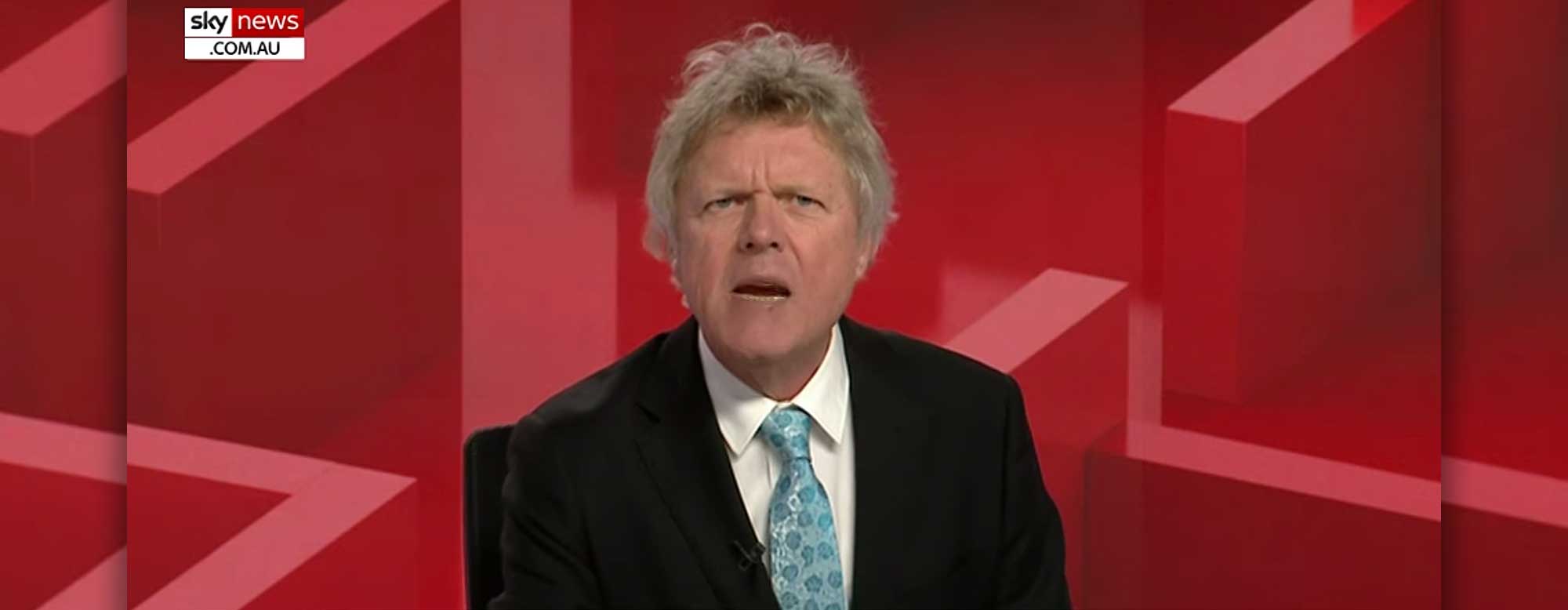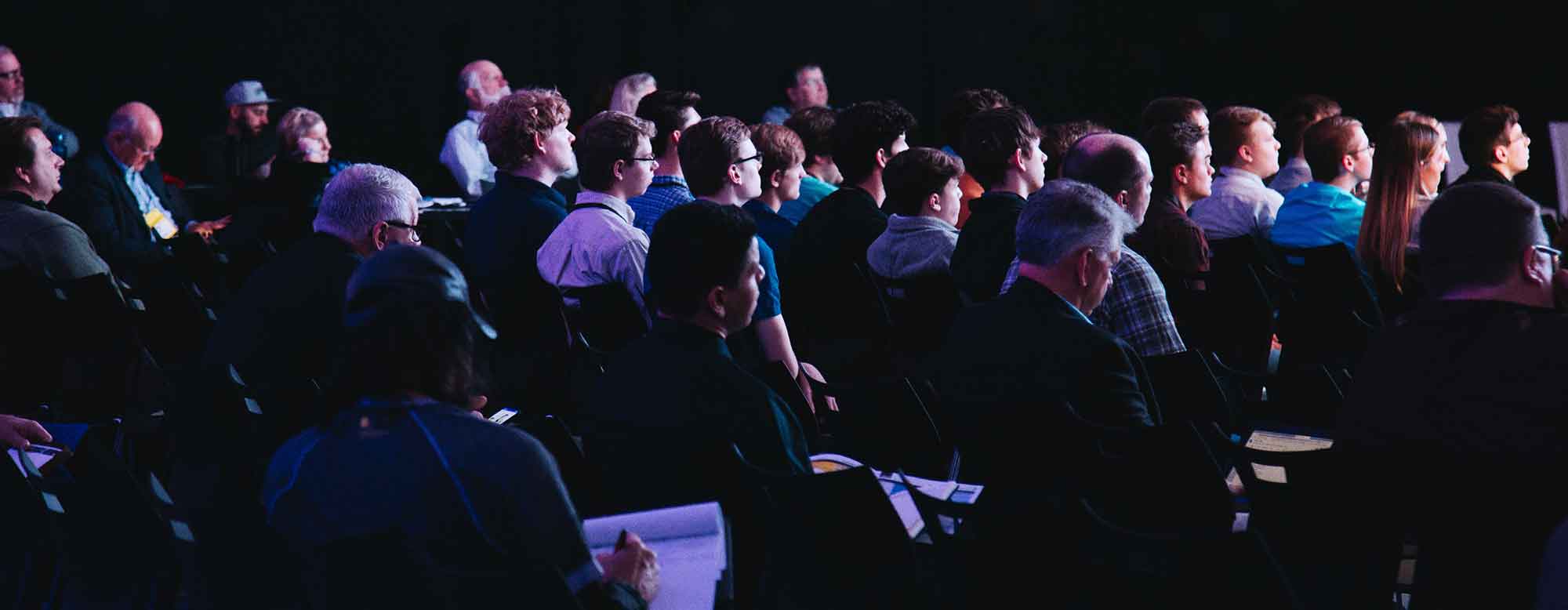There is a strong element of disguise and deception in the spiritual battles that we face. In Paul’s day there were false apostles who disguised themselves as apostles of Christ, following Satan who does great evil while appearing to be an angel of light (see 2 Cor.11:13-15).
The covenant people of God are thus warned against slogans that appear to be spiritual truths but which turn out to be false or at least misleading in some way. In the dark days of the Babylonian exile, a proverb was repeated: ‘The fathers have eaten sour grapes and the children’s teeth are set on edge’ (Jer.31:29; Ezek.18:2).
This was interpreted in a complacent way whereby the exiles could blame the previous generation for their woes. It is true that, such is interconnectedness of humanity, we do suffer for the sins of others just as others suffer for our sins. Yet we cannot take refuge in a slogan that exonerates us and blames others, no matter how spiritually comforting it may seem.
Over the last 150 years or so, one of the most misleading slogans has been ‘Let go and let God.’ This has been much-cited, but in its original Keswick convention meaning, dating from 1875, it referred to giving up all effort to strive for holiness in order to trust the Lord for it. As justification is by faith, so too is sanctification – it is thus an act of consecration not a process which includes struggle. This is counter to the clear biblical teaching that we are to ‘work out our own salvation with fear and trembling’ (Phil.2:12). Salvation is by free grace in Christ, but we are created in Christ Jesus for good works (Eph.2:8-10). Sanctification is not an ‘all at once’ experience but a process of being transformed from one degree of glory to another (2 Cor.3:18). Having received Christ Jesus as Lord, we are to walk in Him – not just rest in Him (Col.2:6).
Another slogan which can be misused is: ‘Christians aren’t perfect, just forgiven.’ There is much truth in this, but it must never be used as an opiate. Paul tells the Thessalonian Christians: ‘Now may the God of peace Himself sanctify you completely, and may your whole spirit and soul and body be kept blameless at the coming of our Lord Jesus Christ’ (1 Thess.5:23). ‘Rabbi’ Duncan had a wise saying: ‘There’s nobody perfect: That’s the believer’s bed of thorns: That’s the hypocrite’s couch of ease.’
One of the most widespread, and erroneous, beliefs today is that ‘God loves us all equally.’ That God will judge us all impartially is true (Rom.2:8-11) and that we should treat rich and alike is also true (James 2:1-7), but that He loves us all equally is counter to both Testaments which tell us ‘Jacob I loved, but Esau I hated’ (Mal.1:2-3; Rom.9:13). The notion that all humanity is on the same footing and each person is given an equal opportunity to ‘make a decision’ forgets that God’s judgments are unsearchable and His ways inscrutable (Rom.11:33).
‘Have faith and think positive’ is another dangerous half-truth. Often it refers to faith in faith to cope with life’s situations rather than faith in Christ for the forgiveness of sins and the promise of life everlasting. ‘Put out the fleece’ is advice sometimes given to Christians who are weighing their options. The expression comes from Gideon’s practice in the book of Judges, but God obviously treats Gideon with great grace, as Gideon has already been told what to do (Judges 6:36-40). A bishop once wrote to Augustine and asked him about a man who had become interested in Christianity through a dream or a sign. Augustine advised to get the man as quickly as possible on ‘the sounder path of Scripture’. Sound advice from the great African Father!
As for ‘God helps those who help themselves’, it invariably cited to mean something like ‘If we do our best, God will do His.’ Even Pelagius would have cringed that this. Sometimes the saying may be true when the man is not. King Ahab to Ben-hadad of Syria: ‘Let not him who straps on his armour boast himself as he who takes it off’ (1 Kings 20:11). Boasting of victory before the final bell is never wise, as even Ahab acknowledged.
Slogans are only helpful if they summarise good thinking – hence the Five Reformation solas of Christ alone, faith alone, grace alone, Scripture, to the glory of God alone. They are misleading, even dangerous, when they are a substitute for solid biblical meditation.
















